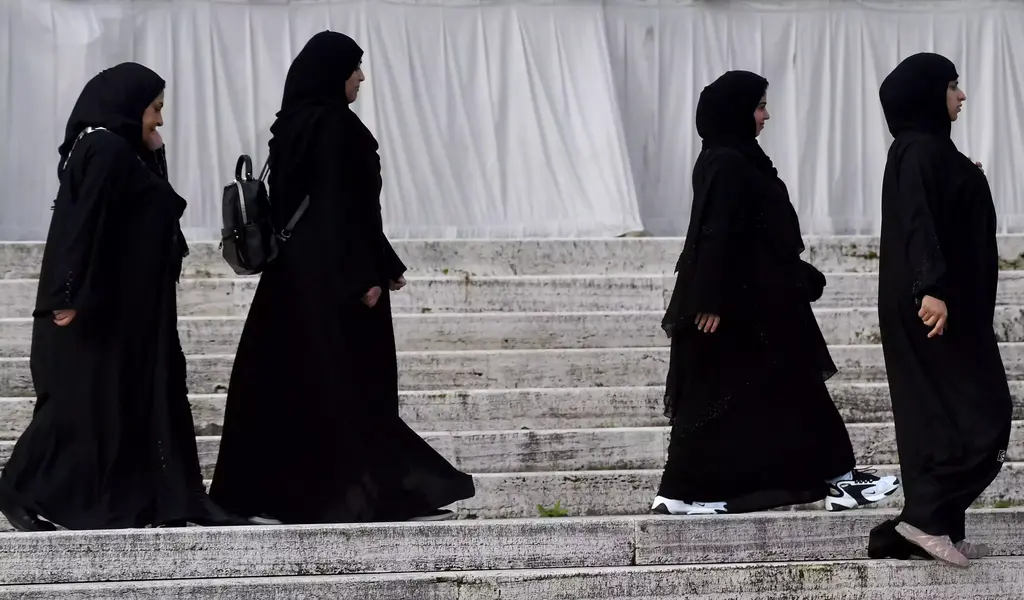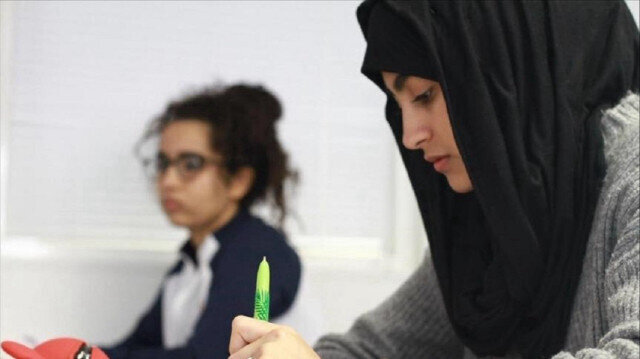News
France Education Minister Bans Abayas in State Schools Citing Secularism

(CTN News) – France’s education minister has announced a ban on wearing abayas, loose-fitting full-length robes worn by some Muslim women, in the country’s state-run schools. The ban is set to take effect at the beginning of the upcoming school year on September 4th.
This move aligns with France’s existing policy of prohibiting religious signs in state schools and government buildings, aiming to maintain the principle of secularism.
France has maintained a strict stance against religious symbols in its state institutions, including schools, as part of its commitment to secularism. This policy, rooted in the 19th Century, initially aimed to minimize Catholic influence in public education.
Over time, the policy has evolved to encompass symbols from various religions, such as the Muslim headscarf and the Jewish kippa. However, abayas, a garment more commonly associated with Islamic tradition, had not been specifically addressed until now.
The Ban and Rationale
Education Minister Gabriel Attal emphasized that students’ religious affiliations should not be identifiable based on their attire when entering a classroom.
He argued that the abaya, being a religious garment, undermines the secular sanctuary schools represent. He stated that secularism signifies the freedom to pursue education without religious imposition.
The decision was reached after a period of debate concerning the presence of abayas in French schools. The increased visibility of the garment within educational institutions led to divided opinions among political factions. While right-wing parties advocated for a ban, left-wing groups expressed concerns about the rights of Muslim women and girls.
Secularism and Symbolism
France’s secularism policy has been a subject of national and international discourse. The country’s ban on full face veils in public spaces in 2010 elicited strong reactions from its Muslim community.
The ban was enacted to uphold a shared public space without religious symbols. The debate intensified after the tragic incident involving the beheading of teacher Samuel Paty in 2020, which centered on the display of caricatures of the Prophet Mohammed.
Implications and Conclusion
This decision to ban abayas in state-run schools marks a significant policy move by Education Minister Gabriel Attal, who took office in the summer of the same year. The decision reflects France’s ongoing commitment to secularism and its endeavor to adapt its policies to accommodate its changing population.
While proponents of the ban argue that it reinforces secular principles within educational institutions, critics fear that such bans might further marginalize religious minorities. The debate underscores the delicate balance between individual freedom, cultural identity, and the preservation of secular values in a diverse society.
In conclusion, France’s decision to ban abayas in state-run schools underlines the ongoing tension between religious expression and secularism, raising questions about the boundaries of religious freedom within a diverse and ever-evolving society.






























